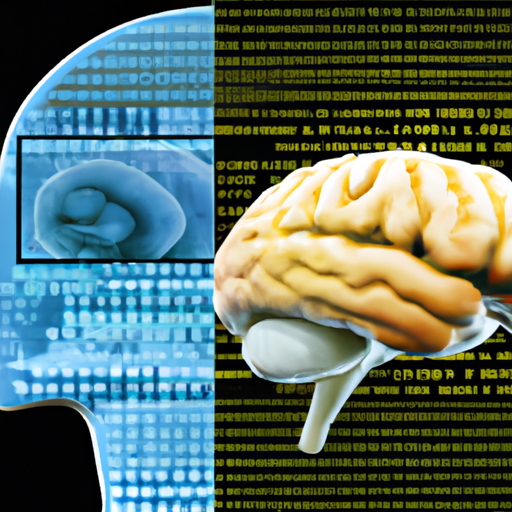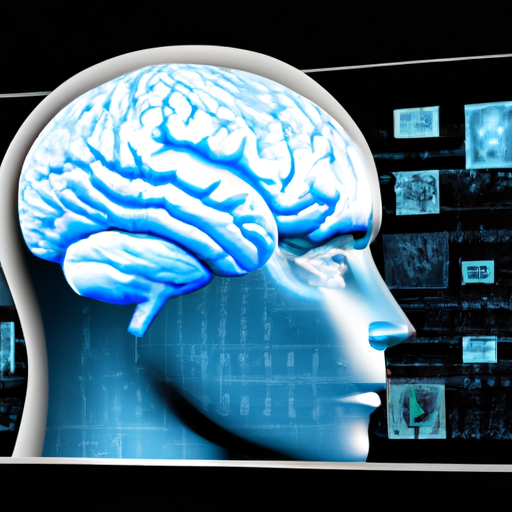In recent years, Brain-Computer Interfaces (BCIs) have emerged as one of the most groundbreaking innovations in neurotechnology, enabling direct communication between the brain and external devices. This technology holds immense potential for individuals with mobility impairments, transforming how they interact with the world.
What are Brain-Computer Interfaces?
BCIs utilize brain activity, captured through electrodes placed on the scalp or implanted in the brain, to control computers or prosthetic devices. These interfaces translate neural signals into actionable commands, granting users the ability to move cursors, control robotic limbs, or even send messages without physical movement.
Recent Advances in BCI Technology
Recent developments in BCI technology have significantly enhanced signal processing algorithms and improved the accuracy of brain wave interpretations. Notable advancements include:
- Improvements in Signal Processing: Enhanced algorithms have increased the reliability and speed of interpreting brain signals, making BCIs more responsive and user-friendly.
- Wireless Technology: Many modern BCIs are now wireless, offering freedom of movement and greater comfort for users.
- Neurofeedback Training: Users can engage in training programs that help them learn to control their brain signals, making BCIs even more intuitive.
Applications of Brain-Computer Interfaces
The applications of BCI technology are vast and varied. Here are a few areas where BCIs are making significant impacts:
- Assistive Technology: BCIs provide individuals with disabilities the ability to communicate effectively and regain independence.
- Gaming and Virtual Reality: The gaming industry is exploring BCIs to create immersive experiences controlled directly by brain activity.
- Medical Monitoring: BCIs can assist in monitoring neurological conditions, offering insights into brain health.
Challenges Ahead
Despite the potential, several challenges remain for the widespread adoption of BCIs, including scalability, cost, and ethical considerations regarding privacy and accessibility. Researchers are working diligently to address these issues and pave the way for practical implementations.
Conclusion
As the field of Brain-Computer Interfaces continues to evolve, the collaboration between neuroscientists, engineers, and ethical boards will determine the future landscape of this revolutionary technology. BCIs represent a remarkable leap forward in understanding and harnessing brain function, holding the promise to enhance quality of life for countless individuals around the globe.
Stay tuned for more updates on BCI technology as we continue to witness its transformative power.





